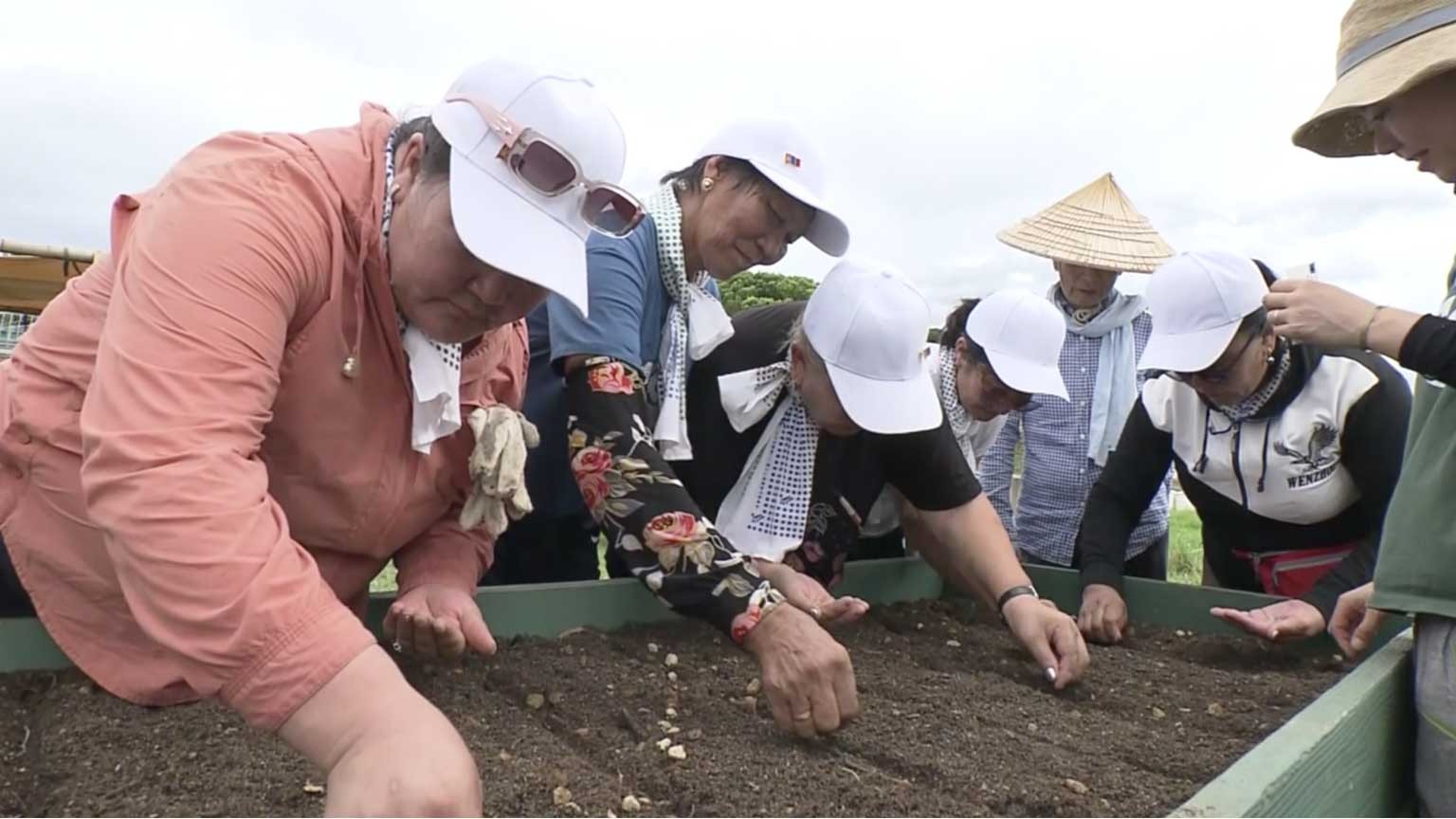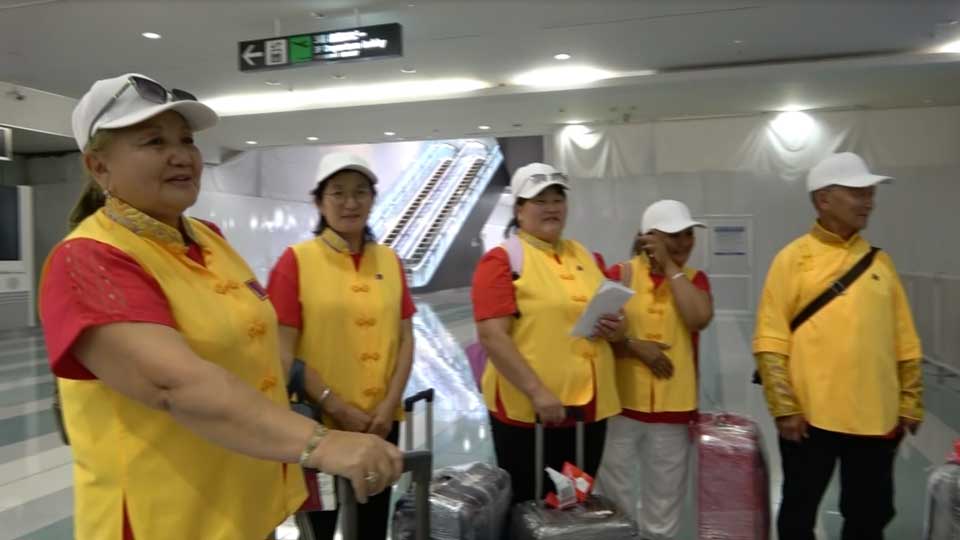
Lessons in composting
Taira Yuiko is a composting expert with more than 25 years' experience, and she knows how to make the stuff without the pungent aroma. That's exactly what her students came to learn on August 28.

Taira shows them a tote bag filled with fertilizer made from food scraps, an invention she came up with three years ago.
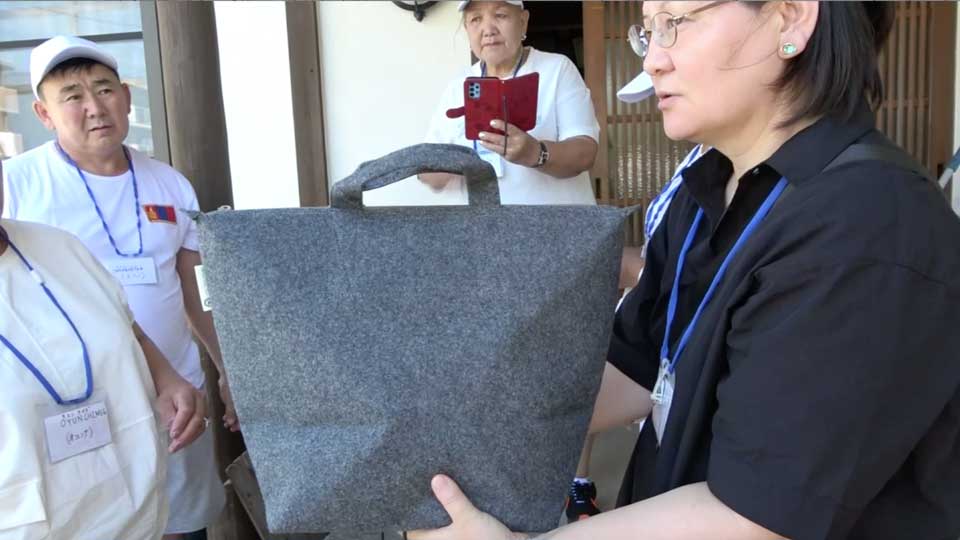
The bag can take 300 grams of food waste and turn it into effective compost in about two months with an organic compost starter. Taira came up with the idea because she wants to minimize the amount of food waste that goes in incinerators and creates pollution. Hers helps to grow tasty organic vegetables.

Her activities caught the eye of a Japanese nonprofit organization working in Mongolia. They thought her ideas were just what the country needs, and Taira agreed. "It's not too late to do something about the situation over there, and I wanted to help," she says.
Urbanization of nomads
Sanj Ayurzana, a participant of the project, used to live a nomadic lifestyle in western Mongolia.

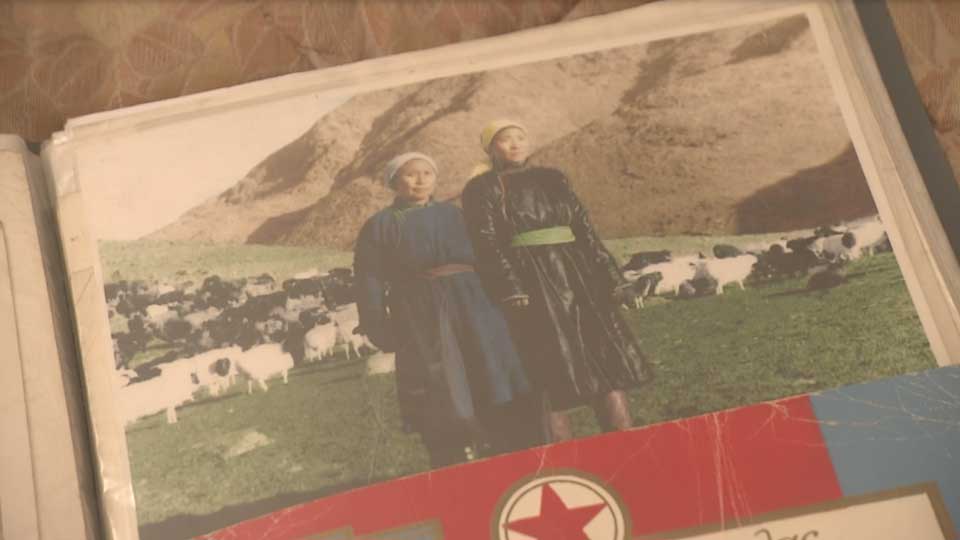
In 2002, she moved to a suburb of the capital, Ulaanbaatar, to care for her sick mother.

Ayurzana says it's becoming harder and harder to live a nomadic lifestyle because of the unstable climate. "There was snow damage in my hometown in the early 2000s. No grass grew and livestock died. When we slaughtered the livestock, we found soil inside their stomachs. That's why people decide to settle down in the capital."
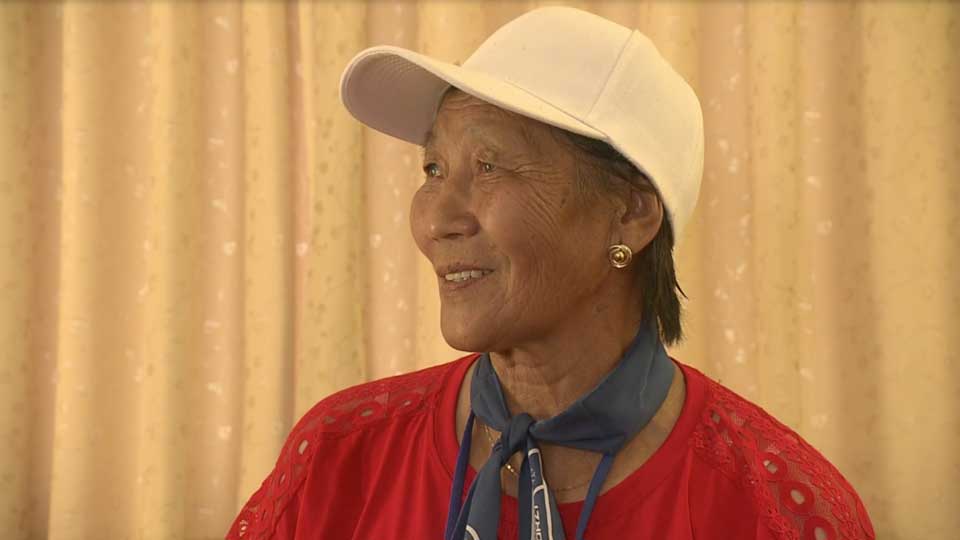
But where she settled was hardly idyllic. She lives near mountains of garbage that grow taller every day as trucks arrive loaded with unsorted waste from the town. It was this sight that inspired Ayurzana to head overseas to learn more about composting.
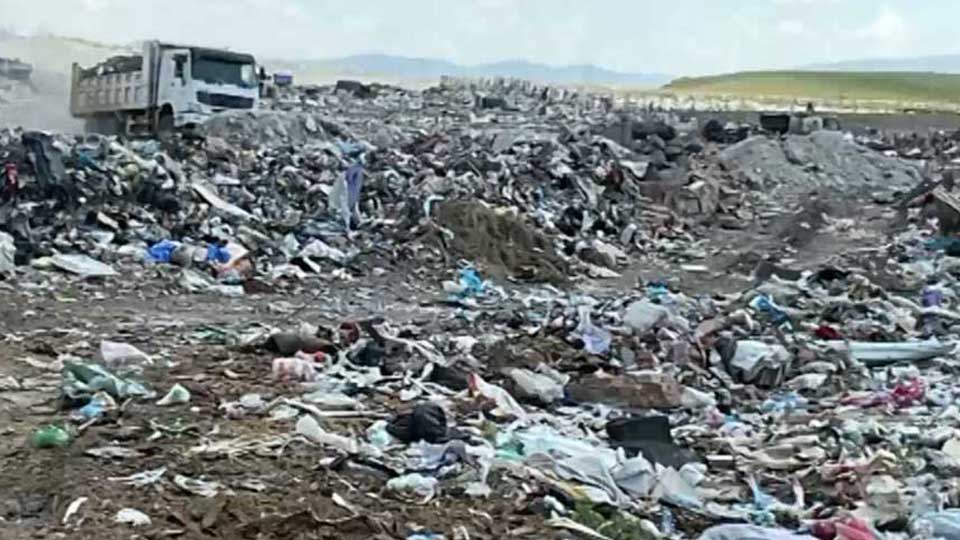
Taira teaches her students how to make the rocky Mongolian soil suitable for agriculture. They lay wood scraps and construction waste beneath vegetable beds as nutrients. On top goes kitchen waste compost sent in from tote bag contributors across the country, part of a program in which they later receive vegetables grown using the compost in return.
*Related video: Changing the World from the Kitchen

Taira also teaches them how to collect rainwater efficiently. Mongolia has poor rainfall and the groundwater can be contaminated by the garbage, so learning how to effectively collect fresh water is invaluable.
The group's trip to Japan lasted eight days. Back in Mongolia, Taira's students are now putting what they learned into practice to revive their homeland's soil.
Ayurzana says she will even create a model garden to share what she's learned with as many people as she can.

